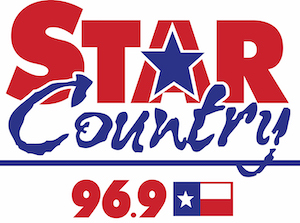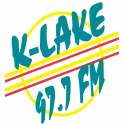
Spring Break is almost here, and with coronavirus vaccinations ramping up, many are eager to take time this spring break to take a short getaway. Better Business Bureau (BBB) reminds potential travelers that there are multiple risks associated with traveling both related and unrelated to the pandemic and advises consumers to make educated decisions when planning a trip.
“In addition to being aware of scams, there are many new rules and other factors to consider when traveling this year,” Mechele Agbayani Mills, President and CEO of BBB Serving Central East Texas said. “Be proactive and flexible to have the best experience possible.”
If you are planning a getaway in the near future, BBB recommends the following tips to minimize risk.
Understand the risks and delay plans if possible. The Centers for Disease Control and Prevention (CDC) points out that “COVID-19 cases, hospitalizations, and deaths are extremely high across the United States.” Since travel increases your risk of infection, CDC recommends delaying unnecessary travel plans to protect yourself and others from COVID-19. Additionally, avoid large gatherings or events 14 days leading up to your trip, and if anyone in your household or at your travel destination is at high risk of infection, everyone in the household should act as if they are also at increased risk of infection.
Research travel restrictions. Travel restrictions vary by state and country and are constantly changing. Visit the U.S. State Department’s “Know Before You Go” page and the CDC Travel Planner to get up-to-date information on COVID-19 related travel restrictions as you plan your trip and as your travel dates approach.
Pack a “pandemic bag.” Condé Nast Traveler recommends stocking up on pandemic essentials prior to your trip. Pack a bag with COVID-19 prevention staples including hand sanitizer, face masks, disinfecting wipes, health insurance cards, a thermometer, latex gloves (for one-time use in public spaces), and hand soap.Bring drinks and snacks along too so as to avoid unnecessary stops in public places.
Book accommodations which make it easy to follow COVID-19 guidelines. Business Insider recommends speaking with the hotel or host before making a reservation. Find out what precautions and sanitary measures they are taking in between guests. Inquire about shared facilities, such as gyms, pools, spas and restaurants. Many of these facilities may be unavailable due to the pandemic.
Make flexible travel plans. Flexibility is key during the pandemic. Be willing to pay extra for fully refundable flights, car rentals, and accommodations. Your plans may change last-minute due to an unexpected lockdown or infection.
Pay with a credit card. Paying with a credit card provides additional protection if something should go wrong with the travel reservation.
Be wary of travel scams. In today’s environment, many exceptional travel deals are available. Go to bbb.org to verify a company’s information before providing payment. Watch out for emails, social media posts, websites, or text messages offering travel prices which are too good to be true. Learn more about travel scams here.
Consider Travel Insurance. CNBC reminds travelers that purchasing travel insurance is wise, but it may not cover every situation. Read the fine print or work with a travel agent to understand how your policy works. Most travel insurance will cover medical expenses if you get sick during your trip or the cost of your trip if you must cancel due to illness, but they may not cover the cost of your trip if you need to cancel because a state or city goes into lockdown unexpectedly. Read BBB’s tips on buying travel insurance.








 EastTexasRadio.com Powered by Ten Stations
EastTexasRadio.com Powered by Ten Stations




